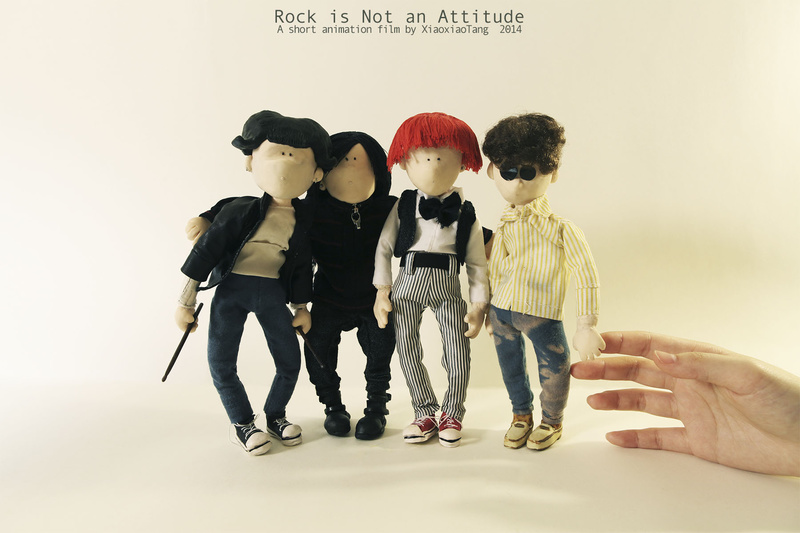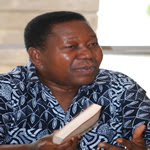ROFFEKE: Your portrayal of women in "Rez" is non-stereotypical, does not show them as being "voiceless, or silent...an object of desire, and victims of violence...without agency" (Illuminative's "The Time is Now: The Power of Native Representation in Entertainment", page 26). Did you purposely set out to portray the women in this more positive and realistic light or was it just a happy accident?
LISTENING RAVEN:
Perhaps my single greatest blessing has been the women in my life that have personified the Warrior Culture Spirit. As a child there was much assistance in my journey of life. I will leave it at that. Most of that has come from the strong women.
In terms of the Female Warrior Spirit, I have heard of examples of women taking actions that were of such a just and affirmative manner that if revealed, they could be misinterpreted by the contemporary justice system. Sometimes justice takes place in places outside the court rooms.
So, I guess the female characters in REZ were just portrayed as the strong female figures that saved those of us that were once too young to fight back.
(NOTE: The following are free flowing thoughts. These free-flowing thoughts may apply to any and all of the questions. Just wrote down some extra text that happened, thanks to your intriguing and inspirational questions, Mildred.)
The list of female Native/Indigenous Performers is just as prolific. Especially when keeping in mind the genre of rock -n- roll has many mothers, fathers, cousins and siblings when it comes to musical forms.
The Native American Jazz Singer, Mildred Baily from the 1930s was known internationally as the Queen of Swing. She also sang blues music.
Today there is the folk music singer Kelly Jackson of Native American Heritage. And the Pop Music great Raye Zaragona who takes inspiration from her Native American and Japanese roots.
And the brother and sister duo of Sihasin.
There are so many more.
One could get lost celebrating the eclectic array of Native American/Canadian-Indigenous musicians past and present. Sadly, however, in order to lose oneself in these glorious cultures, one has to begin the journey. Once the mainstream entertainment industry takes this step, it will be a groundbreaking journey. And not just for Indigenous Persons, but the world.
***Look out for Listening Raven's answer to question 4:
You predict that ten years from now "Native American projects, movies and sit-coms will be prolific." Why are you confident about this, despite the discouraging statistics? (Less than 1 percent. "Indigenous
Representation is Still Scarce in Hollywood: We need more Native Stories" by Crystal Echo Hawk, variety.com, October 11th, 2021).




























































































































































































No comments:
Post a Comment